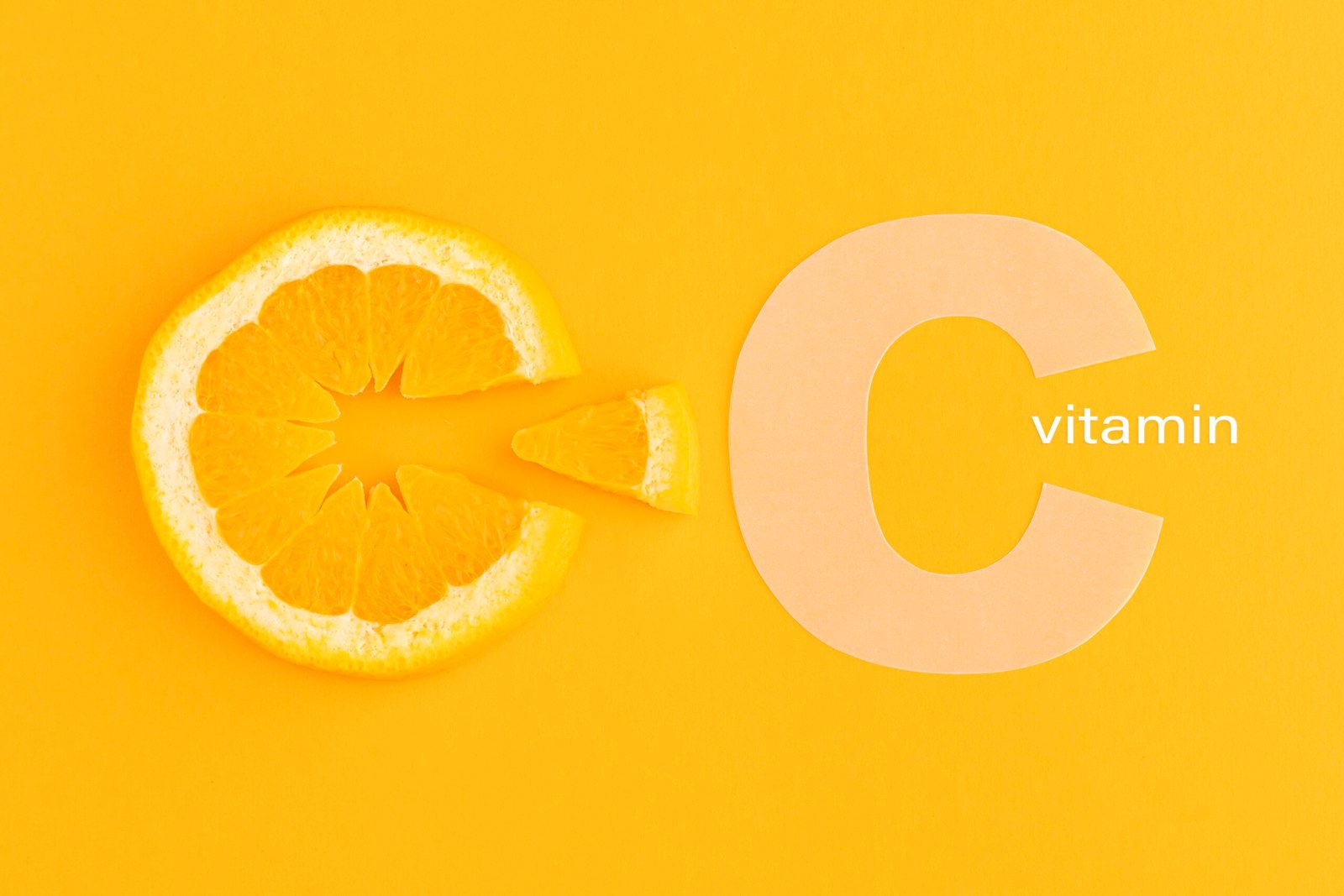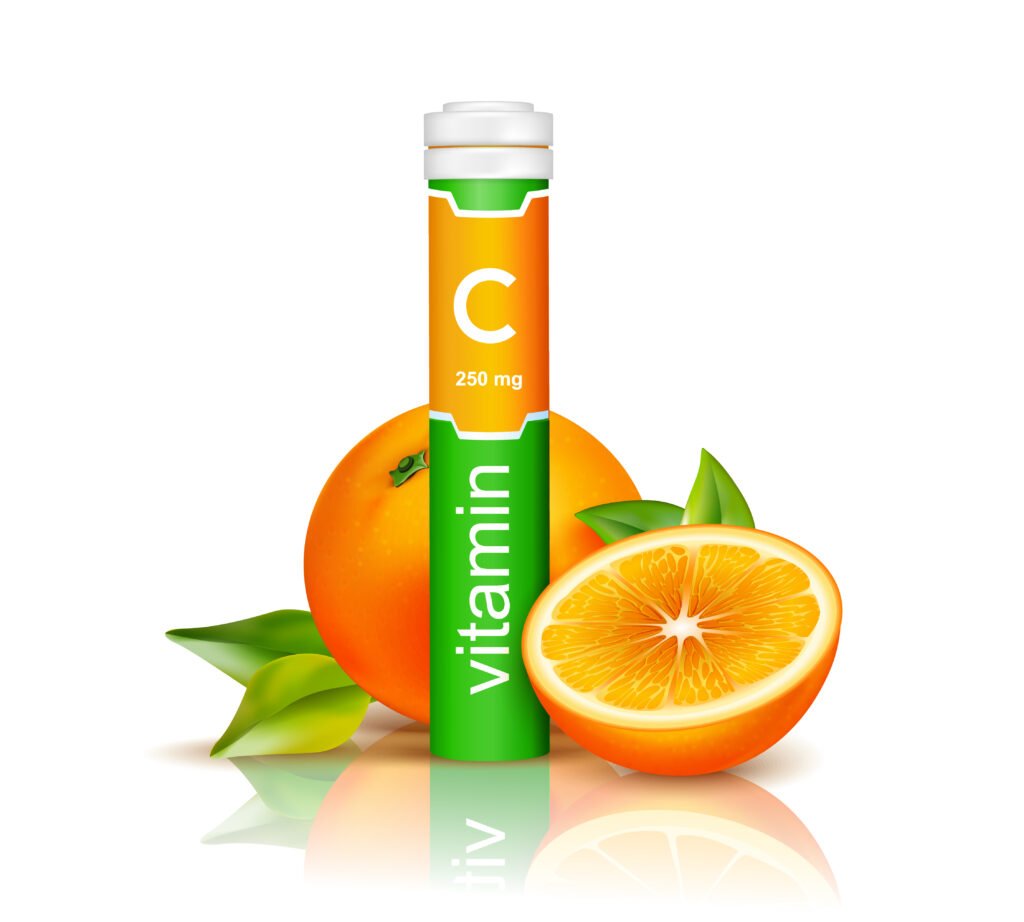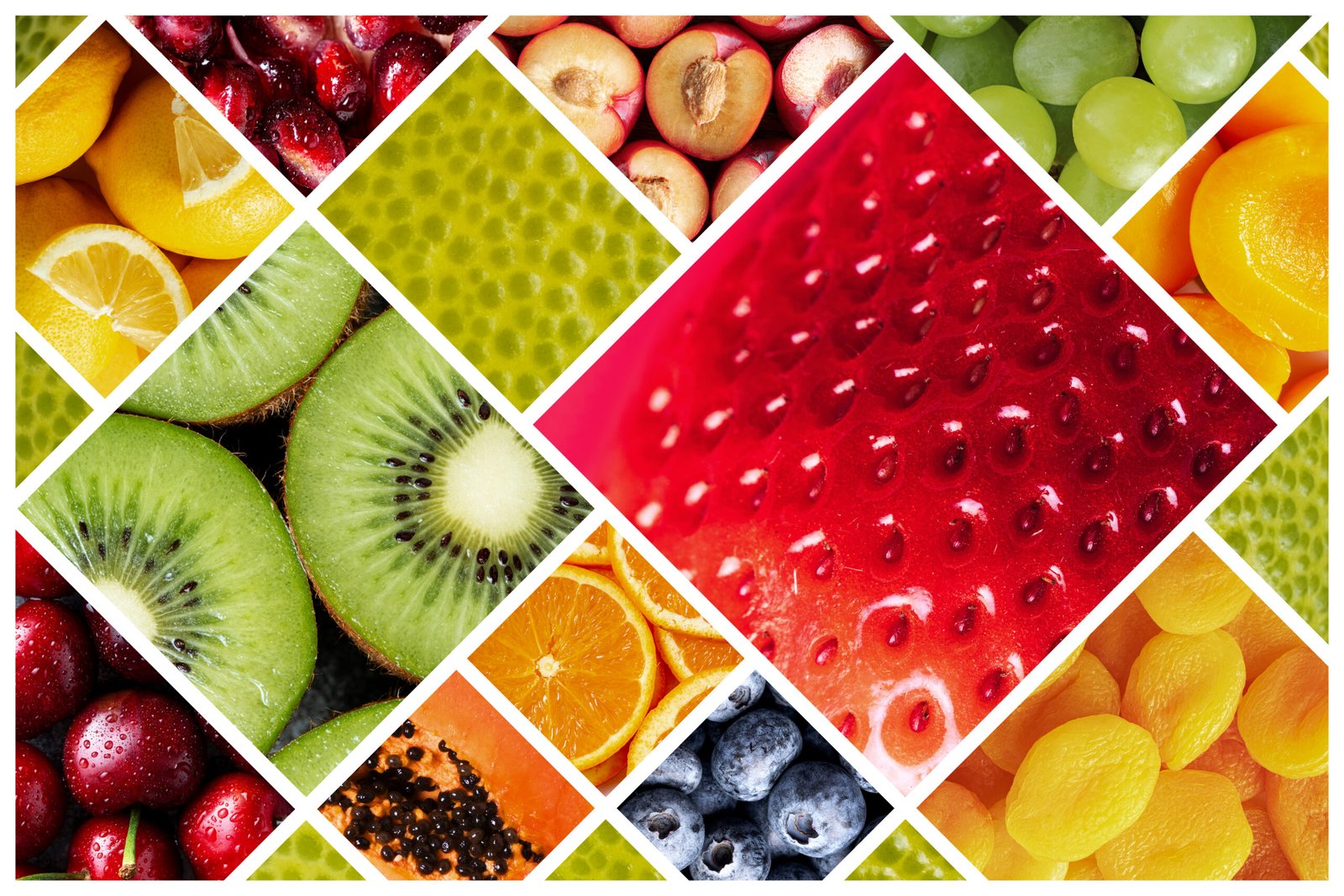Now Reading: Vitamin C: 5 Health Benefits, Food Sources & Daily Needs
-
01
Vitamin C: 5 Health Benefits, Food Sources & Daily Needs
Vitamin C: 5 Health Benefits, Food Sources & Daily Needs

Vitamin C: Health Benefits, Food Sources & Daily Needs
When we think of essential nutrients for a healthy body, Vitamin C is often one of the first that comes to mind—and for good reason. This powerful antioxidant plays a vital role in boosting immunity, healing wounds, supporting healthy skin, and fighting off infections. From childhood to adulthood, we’ve all been told to eat our oranges or sip on lemon water to “stay strong”—and science backs that advice. But Vitamin C is more than just a cold-fighting vitamin; it’s a key player in our overall health, energy, and well-being.
I experienced the real power of Vitamin C during a phase in my life when I was frequently falling sick. With a busy schedule juggling teaching and freelance projects, I found myself ignoring my nutrition. Over time, I started feeling fatigued, had frequent sore throats, and even noticed my skin losing its glow. A blood test showed I was low in Vitamin C. That was my wake-up call.
I began adding fresh citrus fruits, bell peppers, amla juice, and even a glass of warm lemon water to my daily routine. Within a few weeks, I felt more energized, my immunity improved, and the constant cycle of falling sick finally broke. I had underestimated the importance of this humble vitamin for far too long.
In this blog post, I’ll walk you through the amazing health benefits of Vitamin C, the best natural food sources, and how much your body actually needs on a daily basis. Whether you’re looking to strengthen your immune system, support healthy skin, or simply feel more vibrant each day—understanding this essential vitamin can help you make smarter, healthier choices.
When it comes to essential nutrients that support overall well-being, Vitamin C is a true hero. Best known for boosting immunity, this powerful antioxidant plays many roles in the body—from glowing skin to better absorption of iron.
But did you know it also helps reduce fatigue, supports brain health, and protects against oxidative stress? Whether you’re getting it through your food or supplements, understanding how much of this nutrient you need, where to get it, and why it matters can help you live a healthier, more energetic life.
Let’s dive into the science-backed benefits, daily needs, and top food sources—and why this water-soluble vitamin deserves a daily place on your plate.
What Is Vitamin C?
Also known as ascorbic acid, this vital nutrient is water-soluble—meaning your body can’t store it. You need to consume it regularly through your diet. It acts as:
- A natural antioxidant
- A collagen-building compound
- A tissue repair supporter
- An iron absorption enhancer
Because it can’t be produced by our body, our only source is external—mainly fresh fruits and vegetables.
Health Benefits of This Nutrient Powerhouse
1. Strengthens Your Immune System
This immunity booster increases the production of white blood cells, which protect the body from infections. It also enhances the skin’s barrier function, acting as the first line of defense.
From personal experience, I began including lemon water and guava in my diet daily. Over the past year, I’ve had fewer colds and better energy levels.
2. Boosts Skin Health and Collagen Production
This vitamin is crucial in producing collagen, the protein that keeps your skin firm and smooth. It helps fade dark spots and protects against sun damage too.
You’ll find this nutrient in many serums and creams for good reason—it promotes healthy, radiant skin from within.
3. Aids in Iron Absorption
One lesser-known benefit is that it enhances non-heme iron absorption—especially from plant-based sources. Pairing iron-rich foods (like spinach or lentils) with citrus can significantly improve iron levels.
Try squeezing some lemon over your dal or sautéed greens!
4. Speeds Up Wound Healing
Ascorbic acid helps repair tissues, making it essential for wound healing, post-surgical recovery, and even gum health. A deficiency can slow this healing process considerably.
5. Supports Brain and Mood Health
This nutrient combats oxidative stress in the brain, potentially reducing age-related decline. It also influences neurotransmitter production, which can help regulate mood and reduce fatigue.
Additional Benefits
- For children, it supports immune development, bone health, and gum strength.
- For individuals, it aids memory, improves antioxidant protection, and supports better joint health.
- Regardless of age, this essential vitamin helps your body stay strong, protected, and balanced.
Best Natural Sources
Forget pills—nature has the best supply. Here are top sources:
Fruits
- Oranges, lemons, and other citrus
- Guava (one of the highest natural sources!)
- Kiwi
- Papaya
- Strawberries
- Amla (Indian gooseberry) – a traditional favorite
Vegetables
- Bell peppers (especially red ones)
- Broccoli and cauliflower
- Kale, cabbage, and spinach
- Tomatoes
- Sweet potatoes
Tip: Steam veggies lightly to preserve this delicate vitamin—it’s easily destroyed by high heat.
How Much Do You Need Per Day?
Here’s a quick breakdown:
- Group Daily Recommended Amount
- Adult Women 65–75 mg
- Adult Men 90 mg
- Smokers Add 35 mg
- Breastfeeding Mothers 120 mg
Just one guava or a small bowl of strawberries can fulfill your daily requirement!
Signs of Deficiency
While rare, low levels can still occur—especially in people with poor diets, smokers, or those under chronic stress.
Symptoms:
- Fatigue and low immunity
- Bleeding gums and weak teeth
- Slow wound healing
- Joint pain
- Rough, dry skin
Long-term deficiency can lead to scurvy, a condition once common among sailors.
Vitamin C and Skincare: A Beauty Bonus
Topically and internally, this vitamin is a game-changer for skin. It helps:
- Fade pigmentation
- Reduce fine lines
- Brighten skin tone
- Defend against pollution and sun damage
Drinking amla juice or applying a natural vitamin C serum regularly can give noticeable glow and clarity to your skin.
Combining with Other Nutrients
Pairing this nutrient with others boosts its effectiveness:
- Iron: Increases absorption (e.g., lentils + lemon)
- Vitamin E: Enhances antioxidant protection
- Zinc: Strengthens immune response
- Collagen supplements: Helps synthesize collagen effectively
Should You Take a Supplement?
If you’re getting enough from food, a supplement isn’t necessary. However, it may help:
- During illness or recovery
- In high-stress situations
- For people with restricted diets
- If advised by your doctor
Stick to natural forms and avoid megadoses, as too much can cause bloating or kidney strain.
Easy Ways to Add It to Your Daily Diet
- Add lemon juice to salads, soups, and dals
- Snack on guava or orange slices
- Include bell peppers in stir-fries or wraps
- Sip on warm lemon-honey water in the morning
- Enjoy seasonal berries or kiwi as dessert
- Small daily habits go a long way.
This often-overlooked nutrient plays a powerful role in keeping your body strong, your skin glowing, and your immunity ready to fight. It’s not just about preventing colds—it’s about supporting long-term wellness in a simple, natural way.
By eating colorful, fresh produce and staying consistent, you can easily meet your needs—no expensive supplements required.
So the next time you reach for that slice of orange or that juicy piece of papaya, remember—you’re giving your body a whole lot more than just flavor. You’re giving it protection, energy, and vibrant health.













